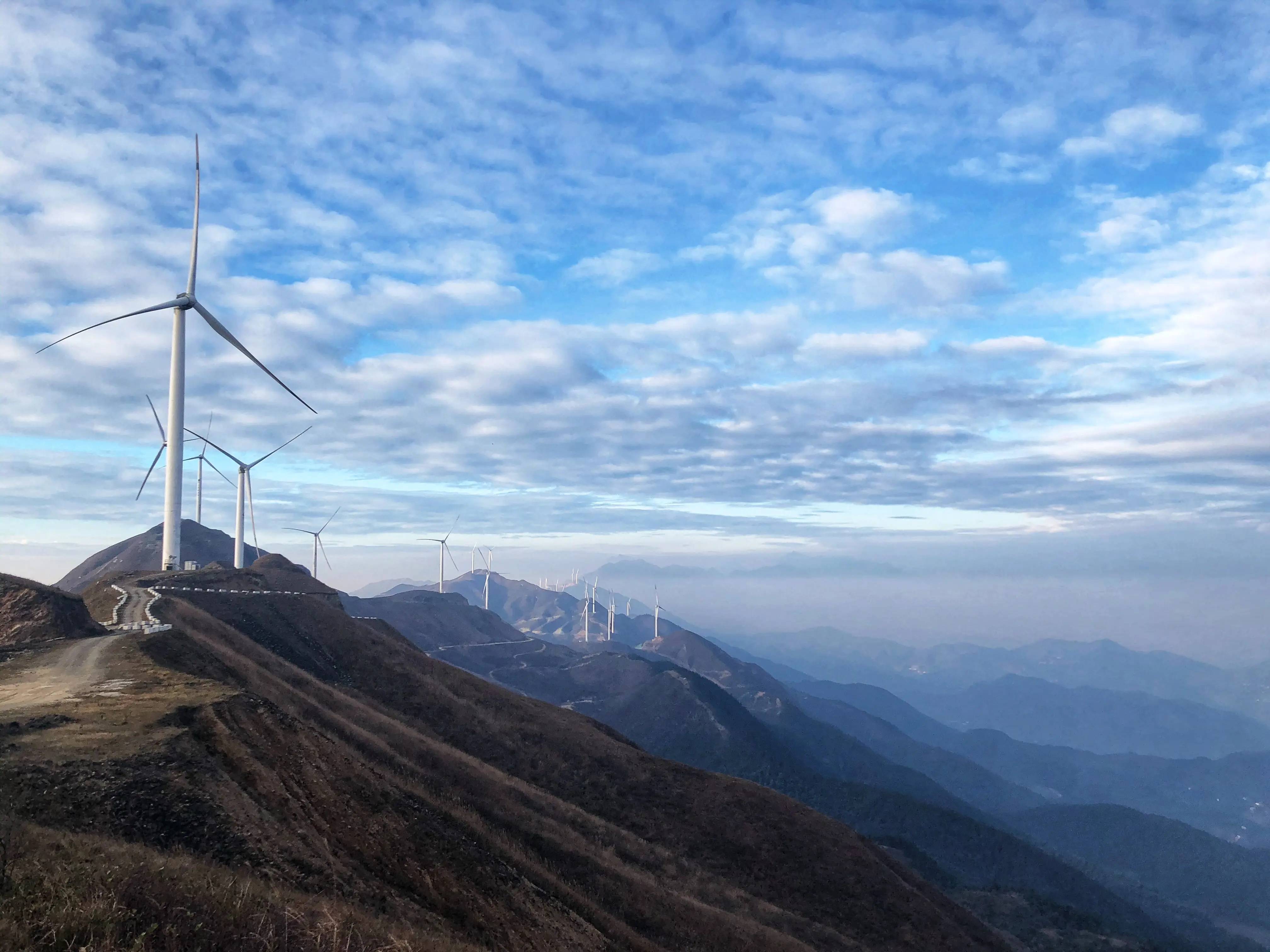
Ene . 27, 2024 16:38 volver a la lista
Microrredes: ¿una idea cuyo momento ha llegado?
A medida que la población mundial sigue creciendo, existe una demanda cada vez mayor de electricidad. Sin embargo, hay varios desafíos que es necesario abordar. Actualmente, más de mil millones de personas en todo el mundo no tienen acceso a las redes energéticas, incluidas alrededor de 200.000 personas en Canadá que no están conectadas a la red eléctrica de América del Norte ni a los sistemas de tuberías de distribución de gas natural.
Los desastres naturales y los fenómenos meteorológicos extremos también están provocando interrupciones en el suministro de energía, lo que provoca apagones masivos que pueden durar días. Además, cuando falla un componente del sistema de transmisión, puede afectar a toda la red y provocar cortes de energía generalizados.
To tackle these issues, the concept of microgrids has gained popularity. A microgrid is a energy system that can operate independently or in conjunction with larger grids. It contains all the necessary components to provide electricity to a specific community, typically serving a smaller population of around a thousand or a few hundred people. This approach decentralizes the power supply generation and distribution process, making it more resilient and less prone to grid failures.
Unlike large-scale energy grids that connect buildings to central power supply sources like coal, nuclear, and gas plants, a microgrid functions as an isolated island. This independence can prove beneficial during crises such as storms or outages. Many microgrids utilize a combination of renewable energy sources and batteries, with natural gas serving as backup. While microgrid power supply is not necessarily more reliable, communities located far away from larger power sources can benefit from the localized control and ownership of electricity generation.
Un ejemplo notable de microrred es la construida en Sendai, Japón, hace más de una década. Esta microrred funciona con una combinación de energía solar, gas y almacenamiento de baterías. Durante el devastador tsunami y terremoto de 2011, la microrred de Sendai proporcionó energía y calefacción al hospital universitario de la Universidad Tohoku Fukushi, garantizando que se mantuvieran servicios cruciales incluso durante apagones generalizados.
The impacts of power outages on society and the economy are significant, and the climate crisis exacerbates these challenges. Jana Ganion, energy director for Blue Lake Rancheria, an Indigenous reserve in California, emphasizes the urgent need for solutions, stating, "Widespread power outages cause a lot of social and economic damage and destruction. And the climate crisis is making all of this worse." Blue Lake Rancheria successfully launched a solar microgrid in 2015, providing electricity to thousands of people nearby when millions of Californians had their power supply shut off due to wildfire risk.

However, setting up a microgrid can be a costly endeavor, particularly in densely populated urban or suburban areas with existing infrastructure. Consumers tend to stick with what is already in place, and for the majority of Canadians, that means relying on hydroelectric power supply. Nuclear and coal plants are also significant power sources in the country. Raising the necessary capital for building power plants, whether they are traditional or microgrids, is challenging for some countries. The autonomy and self-sufficiency that microgrids offer can be especially relevant in such cases.
Hay casi 300 comunidades remotas en todo Canadá que dependen en gran medida de microrredes alimentadas por diésel para la generación de electricidad. Reconociendo la necesidad de opciones más ecológicas, el gobierno federal canadiense ha estado trabajando con entidades regionales durante la última década para explorar e implementar soluciones energéticas más sostenibles. Además de proporcionar electricidad, las microrredes también podrían desempeñar un papel crucial en el acceso a agua potable al impulsar el proceso de tratamiento.
In conclusion, the global demand for electricity continues to rise, and challenges such as lack of access to energy grids and disruptions caused by natural disasters persist. Microgrids have emerged as a promising solution, offering localized power supply generation and distribution systems that can operate both independently and in conjunction with larger grids. While establishing microgrids can be costly, they provide autonomy and resilience, especially in remote areas or during crises. Exploring greener options, such as renewable energy sources, battery storage, and natural gas backup, can make microgrids even more sustainable and beneficial for communities.
Será eliminado si infringe
Sitio web de referencia: https://www.cbc.ca
-
Wireless DC Charging: The Next Frontier in Contactless EV Power Delivery
NoticiasAug.04,2025
-
Hybrid BMS Energy Controls: Integrating Renewable Energy Sources
NoticiasAug.04,2025
-
Blockchain for Secure and Decentralized EMS Power Systems
NoticiasAug.04,2025
-
AI-Driven for Smart Grids: Energy Management System (EMS)
NoticiasAug.04,2025
-
Advanced Distribution Management System (ADMS) Energy
NoticiasAug.04,2025
-
5G-Enhanced BMS Energy Savings: Ultra-Low Latency Control
NoticiasAug.04,2025























